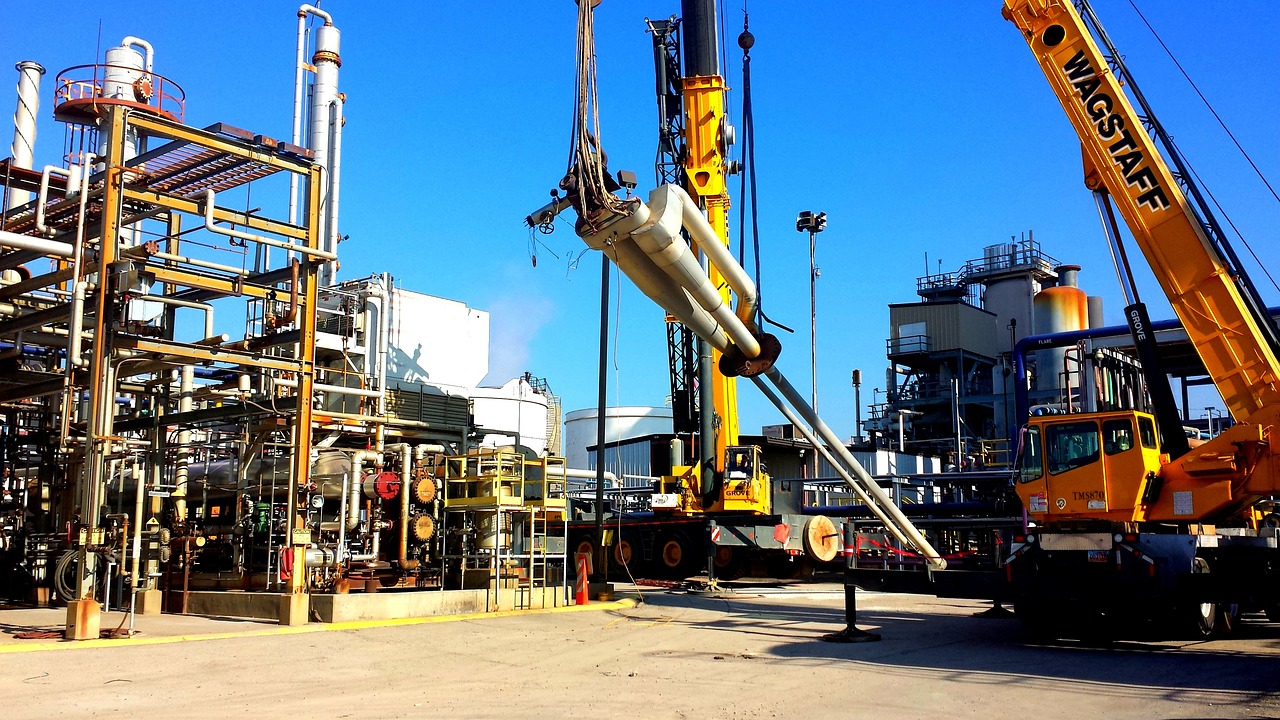In a landmark development for both the aviation and clean energy sectors, Gevo, a leading renewable fuels company, has secured a $1.46 billion loan from the U.S. Department of Energy (DOE) to fund the construction of the world’s first net-zero aviation fuel plant. This move is set to significantly accelerate the production of sustainable aviation fuel (SAF) and bolster efforts to decarbonize one of the world’s hardest-to-abate industries.
The loan represents a critical step toward Gevo’s vision of creating a carbon-neutral aviation industry, offering a clear pathway to reduce the aviation sector’s greenhouse gas emissions, which account for approximately 2-3% of global CO2 emissions. The project, which is slated to be located in the Midwest United States, will employ cutting-edge renewable technologies to produce sustainable aviation fuel with net-zero carbon emissions.
What is Net-Zero Aviation Fuel?
Net-zero aviation fuel refers to aviation fuels produced from renewable sources, such as biomass, waste, and plant-based feedstocks, that achieve zero net carbon emissions through sustainable production methods. Gevo’s SAF is unique because it will not only be produced from biological feedstocks, but the entire production process—including sourcing, refining, and transportation—will be optimized to ensure net-zero carbon emissions. This includes integrating carbon capture, renewable energy sources, and advanced manufacturing techniques to minimize the carbon footprint at every stage of production.
Unlike traditional aviation fuel derived from fossil fuels, SAF has the potential to offer the same energy density, fuel efficiency, and performance while delivering substantial emissions reductions. Gevo’s approach to SAF goes a step further by ensuring that the process and technology behind its production are fully aligned with climate goals to achieve a carbon-neutral or net-zero fuel lifecycle.
Significance of the $1.46 Billion DOE Loan
The DOE loan, announced in October 2024, is part of the U.S. government’s efforts to accelerate clean energy and climate innovation through its Loan Programs Office (LPO), which supports projects that advance clean technologies and help meet the nation’s net-zero objectives.
Gevo will use the loan to finance the construction of the world’s first commercial-scale SAF plant, a cutting-edge facility designed to produce carbon-neutral aviation fuel for both domestic and international markets. The plant will be powered by renewable energy, such as wind or solar power, and will implement direct air capture technologies to offset any emissions generated during production.
This loan is a significant vote of confidence in Gevo’s vision and its bio-based fuel technology. The company’s model is focused on producing low-carbon alternatives to petroleum-based fuels, offering a sustainable solution to one of the most challenging sectors to decarbonize: aviation. In addition to SAF, Gevo’s approach incorporates renewable energy, carbon capture, and energy efficiency measures to reduce overall environmental impact.
Implications for the Aviation Industry
The aviation industry has long struggled to reduce its environmental impact, as it remains highly reliant on fossil-based fuels. Though electric aviation technologies have made strides in certain small aircraft sectors, the challenge of decarbonizing long-haul flights with electric engines remains complex due to energy density constraints. Sustainable aviation fuel (SAF), however, offers a viable pathway for reducing the carbon intensity of commercial aviation while relying on current infrastructure and aircraft technology.
Gevo’s net-zero aviation fuel plant will be pivotal in reducing the aviation sector’s carbon footprint, providing airlines with access to cleaner fuel without requiring extensive modifications to their fleets. The increased availability of SAF could lead to widespread adoption by major airlines, helping the aviation industry achieve its Paris Agreement targets to reduce emissions by 50% by 2050.
In addition to providing sustainable aviation fuel, Gevo’s plant will also demonstrate that green technologies can be integrated into large-scale industrial operations. This could serve as a model for other aviation fuel producers, pushing the entire sector toward sustainability.
Gevo’s Role in the Clean Energy Revolution
Gevo is positioning itself as a leader in the clean energy revolution, not just in aviation, but also in other high-carbon sectors. The company produces renewable fuels and chemicals from plant-based feedstocks such as corn and sugarcane, using a process known as “carbon recycling”. This involves converting waste CO2 into usable fuel, reducing the overall carbon impact of fuel production.
Gevo’s clean energy solutions extend beyond aviation to industries like marine, trucking, and petrochemicals, where the company aims to provide alternative fuels that reduce dependence on fossil fuels. The company’s expansion into net-zero aviation fuel reflects a broader commitment to fighting climate change by enabling the energy transition across multiple industries.
By focusing on net-zero fuels, Gevo is also positioning itself to be a significant player in carbon markets and climate finance, leveraging carbon credits and sustainable investment funds to grow its operations.
The Future of Sustainable Aviation Fuel
The demand for sustainable aviation fuel (SAF) is expected to skyrocket in the coming decades, driven by increasing regulatory pressures, market demand, and the growing recognition that aviation must become a key focus in global carbon reduction strategies. Airlines are under pressure to meet net-zero commitments, and SAF is widely regarded as the most viable solution to decarbonizing aviation in the short to medium term.
Gevo’s net-zero SAF plant is a major milestone in this transition, with the potential to revolutionize the aviation fuel market. As government incentives and private investments pour into clean aviation technologies, the cost of SAF is expected to drop, making it more accessible for airlines to adopt. Additionally, the plant’s focus on carbon neutrality and renewable energy integration could make it a blueprint for future SAF production facilities.
Furthermore, as other companies and governments follow Gevo’s lead, the widespread deployment of sustainable aviation fuel could become a major pillar of global efforts to achieve net-zero emissions across all sectors of the economy by 2050.
Conclusion: A Milestone for Sustainable Aviation
Gevo’s $1.46 billion DOE loan represents a major step toward a sustainable aviation future. By securing this funding, the company is not only advancing its mission to decarbonize aviation but also positioning itself as a leader in the clean energy transition. The net-zero aviation fuel plant will significantly reduce the carbon footprint of the aviation industry, offering a scalable solution for the global decarbonization challenge.
As Gevo’s plant moves closer to operational status, the aviation sector will be watching closely, as this project may serve as a model for the widespread adoption of sustainable aviation fuels—an essential part of reducing the impact of aviation emissions in the coming decades.
References:
- Gevo Official Website: “Sustainable Aviation Fuel and Clean Energy Solutions.” Gevo
- U.S. Department of Energy (DOE): “Department of Energy Supports Renewable Energy Projects.” DOE Loan Programs
- International Air Transport Association (IATA): “Sustainable Aviation Fuel and the Path to Decarbonization.” IATA
- Bill Gates on Aviation Decarbonization: “The Future of Aviation and Sustainable Fuel.” Gates Notes


